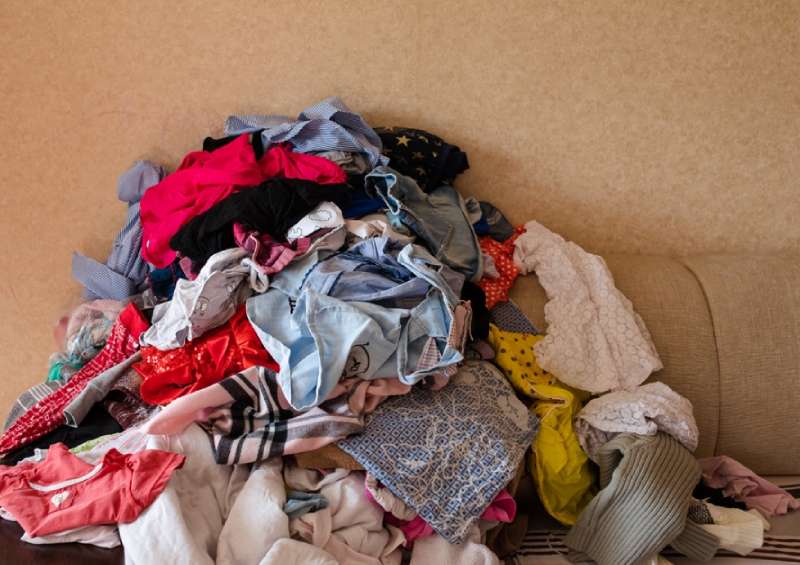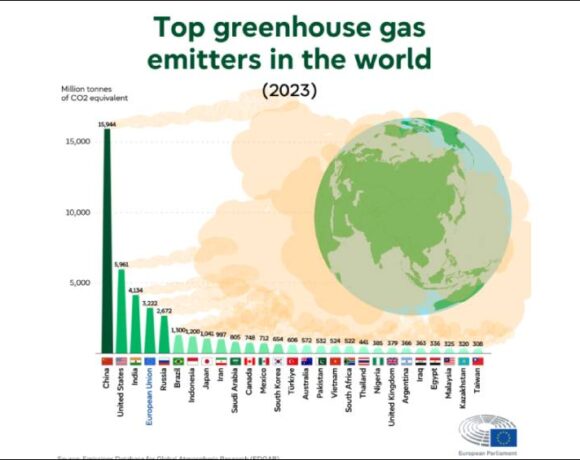Consortium Aims To Recycle 50% Italian Textile Waste By 2035

The European Recycling Platform (ERP) has established the ERP Italia Textile Consortium, which aims to achieve a remarkable 50 percent recycling rate for textile waste in Italy by 2035.
ERP said it recognises the urgent need to address the growing issue of textile waste and with Italy projected to experience a massive 63 percent textile waste hike by 2030, the consortium is a timely response.
The ERP Italia Textile Consortium operates under the principles of Extended Producer Responsibility (EPR) and brings together obligated entities involved in textile waste management in Italy.
This non-profit entity is the first of its kind, offering a truly European perspective thanks to ERP’s membership in a global group spanning 18 countries and 41 collective collection systems.
By leveraging the strength of this collective approach, the consortium intends to play a pivotal role in fostering a more sustainable textile industry.
The effective implementation of the new European directive, which places the responsibility of textile waste collection on companies, will be significantly streamlined through the unified system offered by ERP.
This consolidated approach will benefit Italian manufacturers and obligated parties, simplifying compliance management while maximizing efficiency and cost-effectiveness.
The urgency to address the textile waste crisis is emphasised further by the alarming statistics.
Currently, over 78 percent of textile waste in Europe, equivalent to approximately 5.6 million tons, is either dumped in landfills or incinerated.
In Italy, only a mere 10 percent of the total consumed textiles are collected for recycling, amounting to around 157,000 tons from a total of a million tons.
By bridging the gap between textile production and separate collection, the consortium is aiming to revolutionise the textile waste management system in Italy.
To accomplish this ambitious goal, ERP is reaching out to manufacturers and stakeholders across the nation, inviting them to collaborate in defining a sustainable and efficient system.
A study by the European Environment Agency (EEA) reveals that the average EU citizen consumes around 14.8 kilograms of textiles each year, encompassing clothing, household textiles, and footwear.














